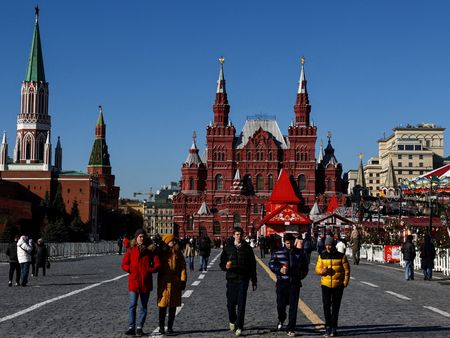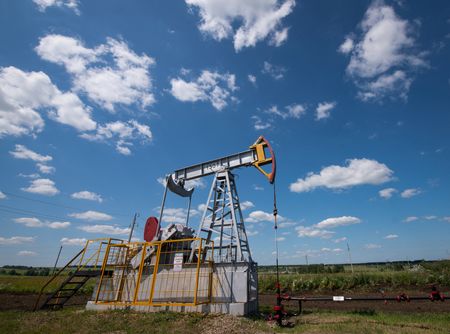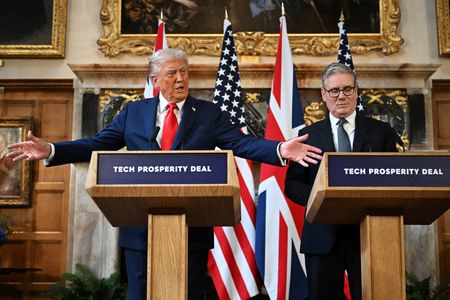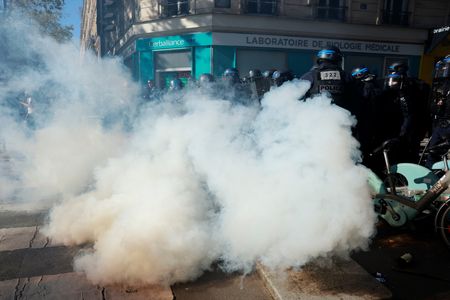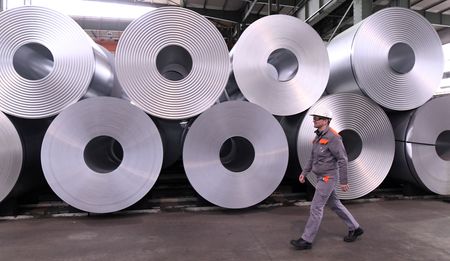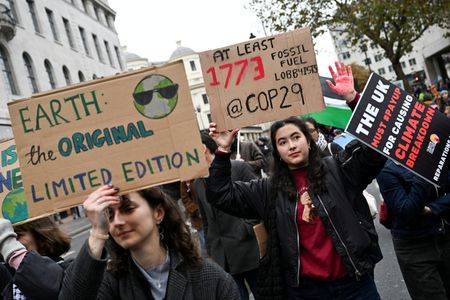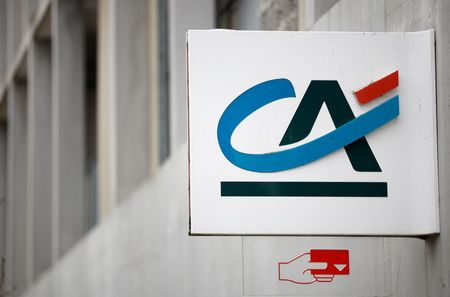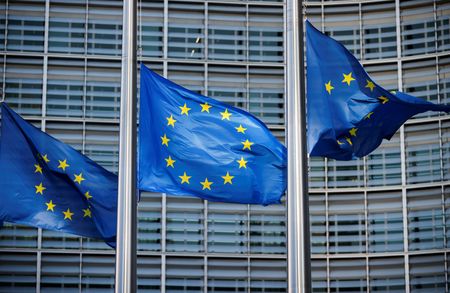By Gleb Bryanski and Darya Korsunskaya
MOSCOW (Reuters) – Russian President Vladimir Putin signalled on Thursday that he is open to raising certain taxes, especially on the wealthy, as the government struggles to make ends meet in the fourth year of the war in Ukraine.
The draft budget is expected to be submitted to parliament on September 29. Sources told Reuters that the government was considering raising the rate of value-added tax to keep the budget deficit in check and maintain reserves.
Meeting with leaders of parliamentary factions, Putin said that measures such as a luxury tax or a higher tax on stock dividends could be “reasonable” during the war, but he urged caution. He did not mention other taxes.
“In the United States, I don’t want to politicize this, during the Vietnam War and the Korean War, that’s exactly what they did. They raised taxes specifically on people with high incomes,” Putin said.
Russia introduced a progressive income tax in 2021 and raised the rate for high earners this year. The Finance Ministry has previously said that increasing taxes on dividends would scare off stock investors.
Putin pledged no major changes to the tax system before 2030 following the tax hikes introduced in 2025. He asked the government on September 5 to increase revenues through higher productivity, not taxes.
Potential tax hikes may come with a new measure, announced also on Thursday, aimed at shielding the state budget from oil price fluctuations and Western sanctions targeting Russian energy exports.
RUSSIA’S OIL AND GAS SALES ARE EXPECTED TO FALL SHARPLY
Under the new initiative, set to be implemented next year, the government will lower the cut-off price for oil above which oil revenues go into the fiscal reserve fund to try to ensure that the fund is sufficiently replenished.
“To make our finances more resilient, we are proposing a reduction in dependence on various constraints, whether price-related or volume-related, in the budget’s reliance on oil and gas revenues,” Finance Minister Anton Siluanov said at an annual financial forum.
Russia’s state oil and gas sales in September are set to fall by around 23% from a year earlier on lower prices and a stronger rouble, according to Reuters’ calculations.
Putin, who met key cabinet members this week to discuss the budget, expressed displeasure at the slow pace of economic growth, which is expected to slow to about 1% from 4.3% last year.
Siluanov has been seeking to restore the oil price mechanism, known as the “budget rule”, which was abandoned after the start of the war in Ukraine, although Russian media reported that he had pushed for a bigger reduction in the cut-off price.
Under the rule, the taxes resulting from when the price exceeds the agreed cut-off price go to the fiscal reserve fund, while the rest of the income is used to cover budget expenses. When the price falls below the cut-off level, the reserves are used to cover the resulting shortfall.
MEASURE WILL STRENGTHEN RUSSIA’S BUDGET, SAYS SILUANOV
If the rule, first introduced by Siluanov’s predecessor Alexei Kudrin in 2004, is not in place, the budget can become more vulnerable when the oil price falls.
Siluanov said the new measure would help bring the share of energy revenues in the state budget down to 22% from about 25% in the first eight months of 2025, making the budget more “muscular”.
The fiscal reserves created under the budget rule carried Russia through several downturns and helped it withstand Western sanctions.
Siluanov said the cut-off price would be lowered by $1 every year to bring it to $55 per barrel in 2030. The cut-off price is currently at $60 per barrel.
The fiscal reserve fund, which can be used to cover the budget deficit, currently has about 4 trillion roubles ($48.25 billion) in it. The government this year plans to tap the fund for 447 billion roubles ($5.39 billion) to cover part of the budget deficit, which is expected to exceed 1.7% of GDP.
The 2026 draft budget set the average price of Urals crude at $59 per barrel, Siluanov said, implying that the fiscal reserves would not be replenished at the same cut-off price.
($1 = 82.9000 roubles)
(Additional reporting by Oksana Kobzeva and Elena Fabrichnaya; Editing by Andrew Osborn, Gareth Jones, Alexandra Hudson)

